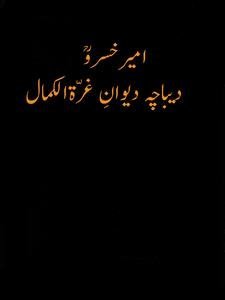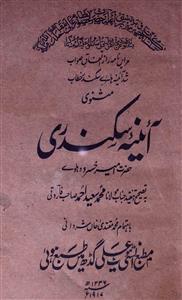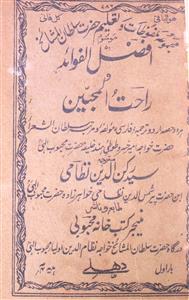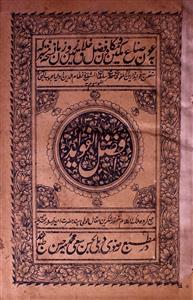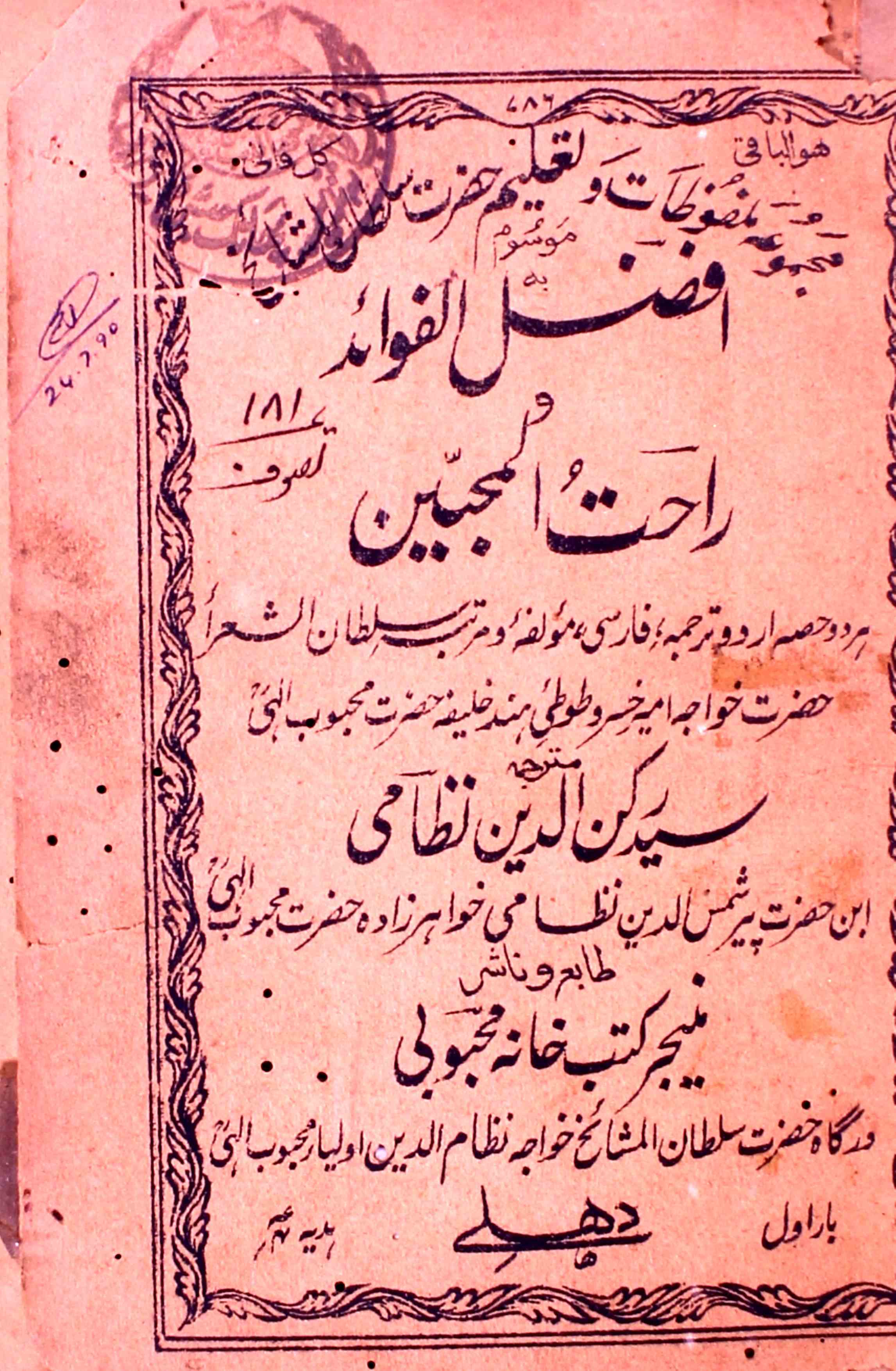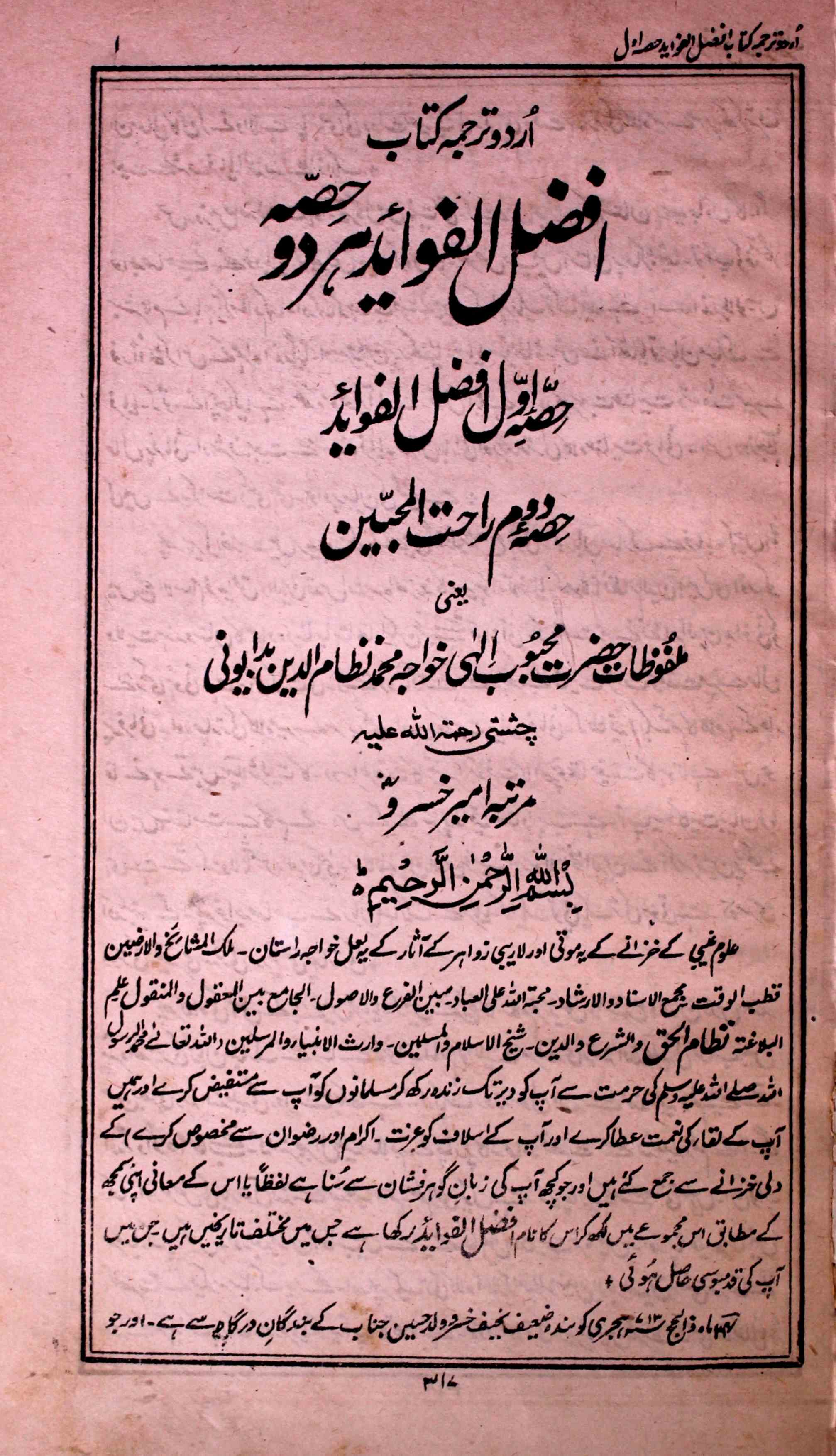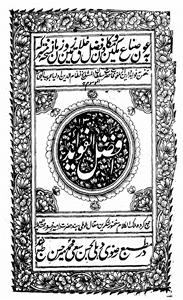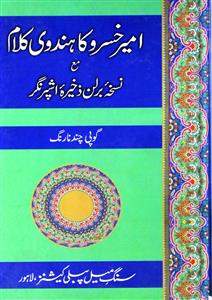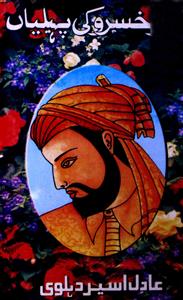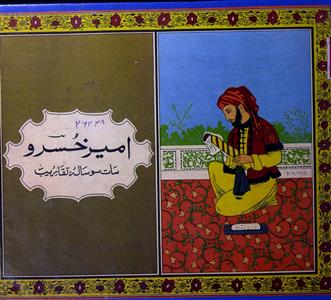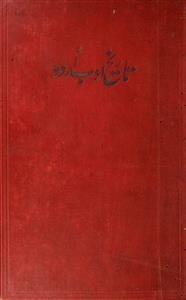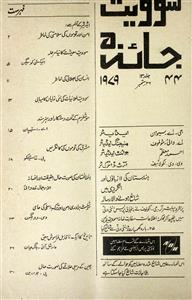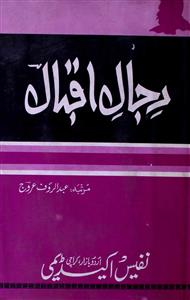 For any query/comment related to this ebook, please contact us at haidar.ali@rekhta.org
For any query/comment related to this ebook, please contact us at haidar.ali@rekhta.org
About The Book
یہ بات صاف ہے کہ جب مصنف کسی موضوع پر قلم اٹھاتا ہے تو اس کی نکیل کو اس موضوع کے کھونٹے سے باندھ دیتا ہے تاکہ وہ موضوع کے ساتھ انصاف برت سکے اور اس کا زور قلم قابو میں رہے ،جس سے وہ جو بات کہنے کی کوشش کر رہا ہو وہ قاری تک بلا واستہ بدون کسی پیچ و خم کے پہونچ جائے ۔اس لئے مصنف اپنی علمیت کو کتاب میں بہت کم ہی ظاہر کر پاتا ہے ۔مگر ہاں وہ اپنے زور قلم کو دکھانے کے لئے کتاب میں لکھے مقدمہ اور دیباچہ میں آزاد ہوتا ہے اسی لئے بہت سے لوگوں نے جب کتاب پر مقدمہ لکھے تو کتاب سے زیادہ ان کے مقدمے اور دیباچے مشہور ہوئے اور انہوں نے کتاب سے ہٹ کر الگ کتاب کی حیثیت اختیار کر لی مثلا ظہوری کے لکھے مقدمے جو سہ نثر ظہوری سے مشہور ہوئے، اسی طرح سے حالی نے شعر و شاعری کتاب پر جب مقدمہ لکھا تو اس کا مقدمہ ان کی کتاب سے زیادہ معروف ہوا۔ خسرو نے جب اپنا تیسرا دیوان مرتب کیا تو اس پر ایک مبسوط دیباچہ لکھا جو ان کے دیوان سے زیادہ مشہور ہوا ۔خسرو نے غرۃ الکمال کو 1294 میں مرتب کیا تو ان کا دیباچہ بہت ہی معروف ہوا جس میں انہوں نے تیرہویں صدی کی ادبی تہذیب کے ساتھ ساتھ شاعری کے متعدد اہم نکات پر بھی بحث کی ہے ۔ اس میں انہوں نے شعر میں لفظی ترکیب و تشکیل کے استعمال کی دشواریوں کا ذکر کیا اس کے ساتھ صنعت سے پیدا ہونے والی معنوی خوبی و خامی کی طرف بھی اشارہ فرمایا ہے ۔ اس کے علاوہ بھی اس دیباچہ میں خوبیاں بیان کی گئی ہیں ۔ ادب کے طالب علم کے لئے یہ ایک بیش قیمت تحفہ ہے جسے مطالعہ میں رکھنے کی خاص ضرورت ہے۔
About The Author
Abul Hasan Yaminuddin, better known as Amir Khusrau (1252-1325) after being decorated with the title of Emir by one of his patrons, had the unique distinction of being a soldier, courtier, sufi, poet, litterateur, and music maestro. Although the details of his life and works remain uncertain to a considerable extent, we have much that help us construct his figure in various avatars that he richly represented. It has been generally agreed upon that after suffering the onslaughts of Chengez Khan, his father, a Turk chieftain, migrated to India during the reign of Shamsuddin Altamsh who gave him a high position in his army. Khusrau was born in Patiali in Etah district of Uttar Pradesh where his father had settled. While he was still eight years old, his father was killed in an army action after which his mother brought him to Delhi to live with his maternal grandfather who also passed away when he was only twenty years old. An extremely intelligent and resourceful person who honed many skills of poetry and courtly manners, he did not find it difficult to seek his source of sustenance when he was left on his own to do so. Khusrau had a unique distinction of serving with many princes, chiefs, and emperors like Malik Alauddin Kashlu Khan alias Malik Chhajju, Bughra Khan, Khan Mohammad, Sardar Hatim Khan, Kaikobad, Jalaluddin Firoze Khilji, Alauddin Khilji, Qutbuddin Mubarak Shah, Gheyasuddin Tughlaq and Mohammad Tughlaq. Even while he held high positions in several courts, he remained a devoted disciple of Hazrat Nizamuddin from whom he sought his spiritual strength, and at whose feet he lies buried.
Khusrau was a very prolific author and poet of rare distinction. He is widely respected as a Persian, Hindavi, and Rekhta poet who evolved a unique diction and an inimitable language, beyond the apbhransha, for his literary expression. He assigned a new role to human speech which is evident from the astounding variety of nearly a hundred works he produced in poetry and prose that broadly include several divans, mathnawis, treatises, and other compositions. Even though the number of his works cannot be ascertained for sure, nor can the authenticity of works ascribed to him be determined with any confidence, he remains an iconic poet on account of the works available from different sources. Moving beyond literature, Khusrau also made his contribution to music. He created ragas, developed khayal, tarana, qaul, and qawwali, as also invented tabla and sitar, the two instruments that clearly distinguish and characterise Indian music from others. Khusrau is extremely remarkable for defining the various forms and genres of literature and arts as the domains where the sublime and the plebeian could meet together and complement each other. He wrote on a variety of subjects that include patriotism, liberalism, integration, folk life, and the catholic values of living that emerge with a fine blending of social norms and cultural practices, as well as dialects and dictions.
 For any query/comment related to this ebook, please contact us at haidar.ali@rekhta.org
For any query/comment related to this ebook, please contact us at haidar.ali@rekhta.org
Write a Review
Jashn-e-Rekhta 10th Edition | 5-6-7 December Get Tickets Here
